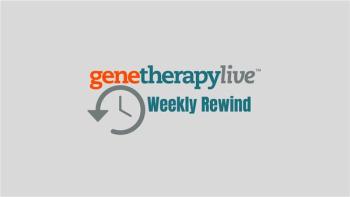
Review top news and interview highlights from the week ending January 21, 2022.

The FDA and Gamida Cell have reached a consensus on the comparability of omidubicel manufactured at different sites.
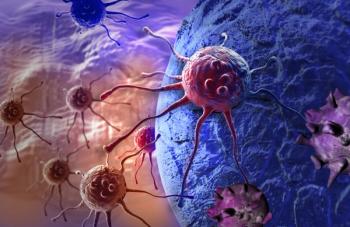
Data from the phase 2 QUILT-88 study were presented at the 2022 ASCO GI symposium.
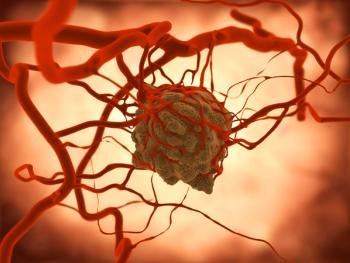
Carisma Therapeutics and Moderna are also collaborating to develop CAR-M cell therapies.
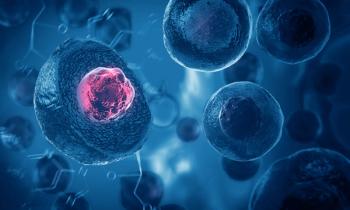
Further details on the KEYNOTE-B79 trial were presented at the 2022 ASCO GI Symposium.
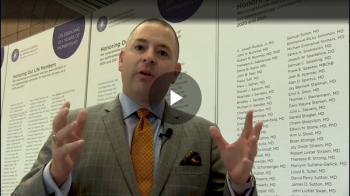
Greg Kunst, chief executive officer, Aurion Biotech, discussed the potential of cell therapy in treating people with corneal endothelial disease around the world.
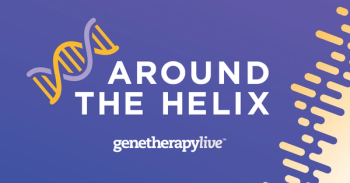
Catch up on the latest news, breakthroughs, and announcements from biotechnology companies making advancements in gene and cell therapies.
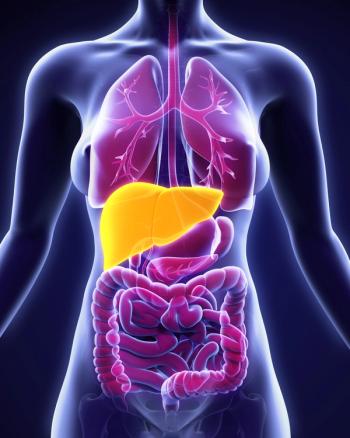
The phase 1/2 ARYA-2 trial will be run in parallel with the similar phase 1/2 ARYA-1 and ARYA-3 trials.
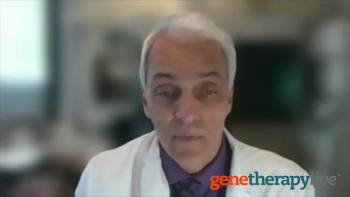
The clinical professor of medicine, Helen Diller Family Comprehensive Cancer Center, UCSF, discussed data from the CARTITUDE-1 study presented at ASH 2021.
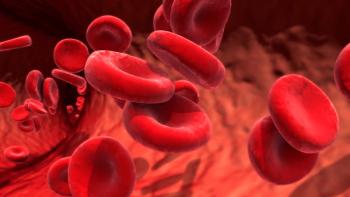
Eli-cel remains on clinical hold in cerebral adrenoleukodystrophy after a report of persistent anemia.

The designation follows the approval of its IND application for the natural killer cell therapy in November 2021.

The first patient with Fabry disease dosed with FLT190 2 years ago continues to have elevated, sustained α-Gal A.
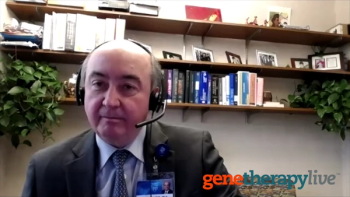
The hematologist/oncologist from Mayo Clinic discussed advantages of Tmod technology in solid tumors.
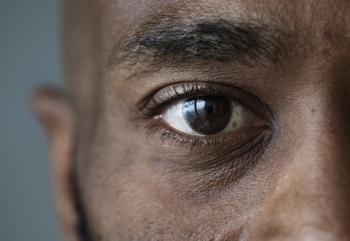
The ASCENT trial is kicking off while the ATMOSPHERE trial continues to screen patients with wet AMD.
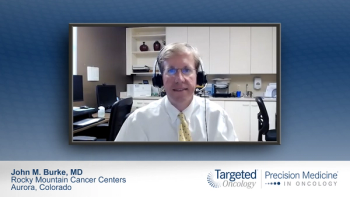
Experts discuss recommendations to increase the uptake of CAR T-cell therapies into clinical practice and relapsed/refractory diffuse large B-cell lymphoma.
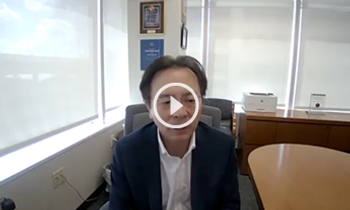
The professor from University of Texas MD Anderson Cancer Center discussed the FDA approval of lisocabtagene maraleucel.

Cedrik Britten, MD, chief medical officer, Immatics, discussed the advantages of IMA203 over other cell therapies.
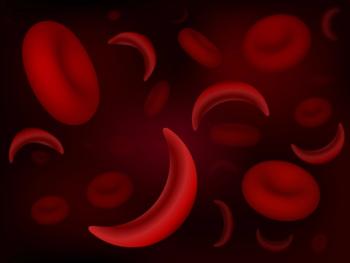
Details on the phase 1/2 CEDAR trial were presented at the 2021 ASH meeting.

Review top news and interview highlights from the week ending January 14, 2022.
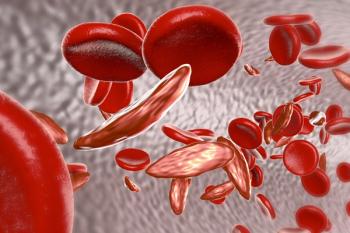
Exciting new therapies for sickle cell disease are on the horizon. We explored some of the most promising investigational therapies in recognition of National Blood Donor Month.

Six of 7 patients reported improvements in dry mouth after treatment with AAV-hAQP1.
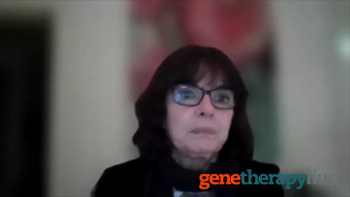
Dolores Schendel, PhD, chief executive and chief scientific officer, Medigene, discussed the phase 1/2 study evaluating MDG1011.
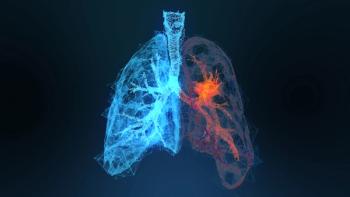
Genprex will launch the open-label, multicenter, phase 1/2 Acclaim-2 trial in the first quarter of 2022.
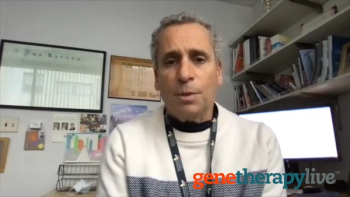
The director of the hemostasis and thrombosis program at Children’s Hospital Los Angeles discussed improving outcomes in hemophilia with fitusiran.

ADVM-062 is designed to deliver a functional copy of the OPN1LW gene to the foveal cones of patients with BCM.
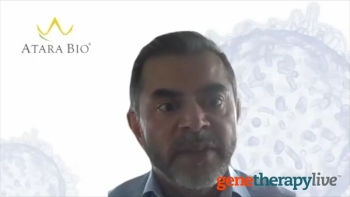
AJ Joshi, MD, chief medical officer, Atara Biotherapeutics, discussed further research with tab-cel, including study 205.

Many cell and gene therapy companies are initiating new programs and collaborations with the start of the new year.
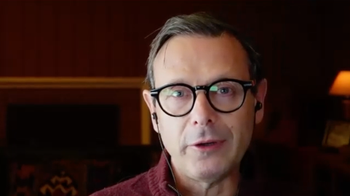
The Director of the Islet Transplant Program at the University of Alberta discussed the implantable VC-02 device's success in type 1 diabetes.

The placebo crossover cohort experienced statistically significant improvements in NSAA score over external control.
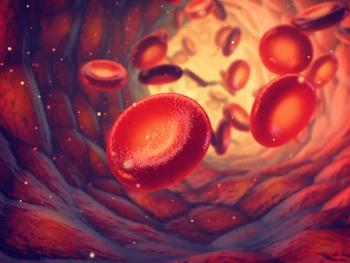
The reprioritization comes as the SIG-001 program remains on clinical hold after scarred and inviable cell spheres were observed in a treated patient.